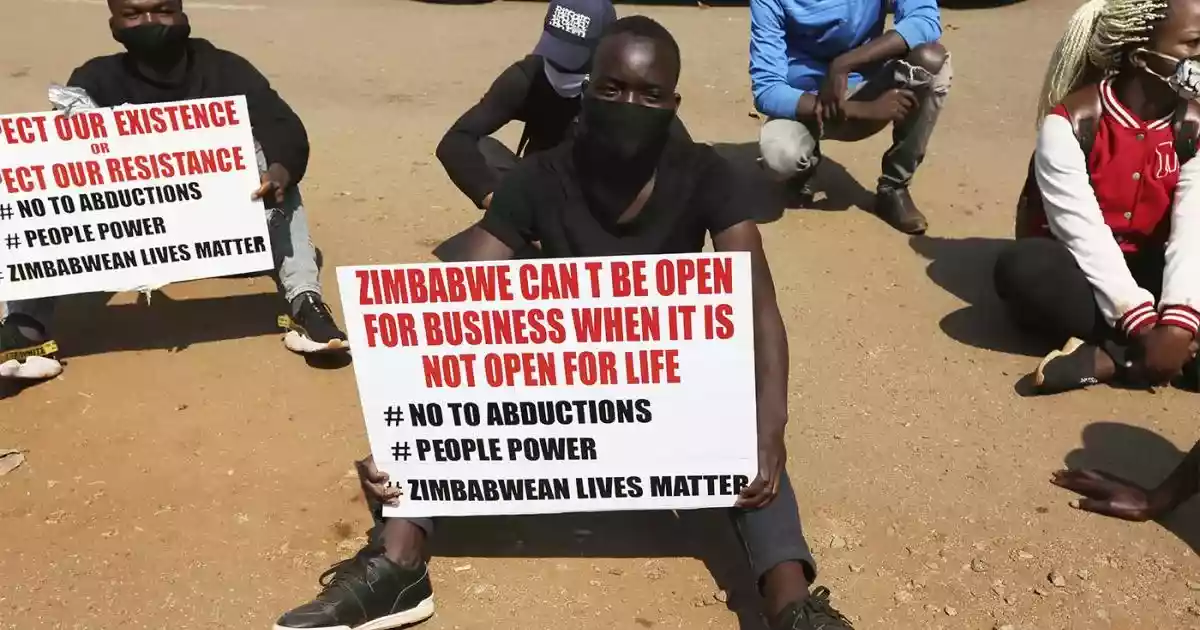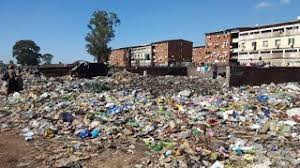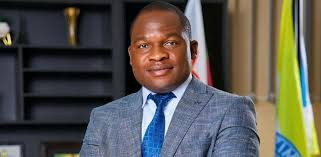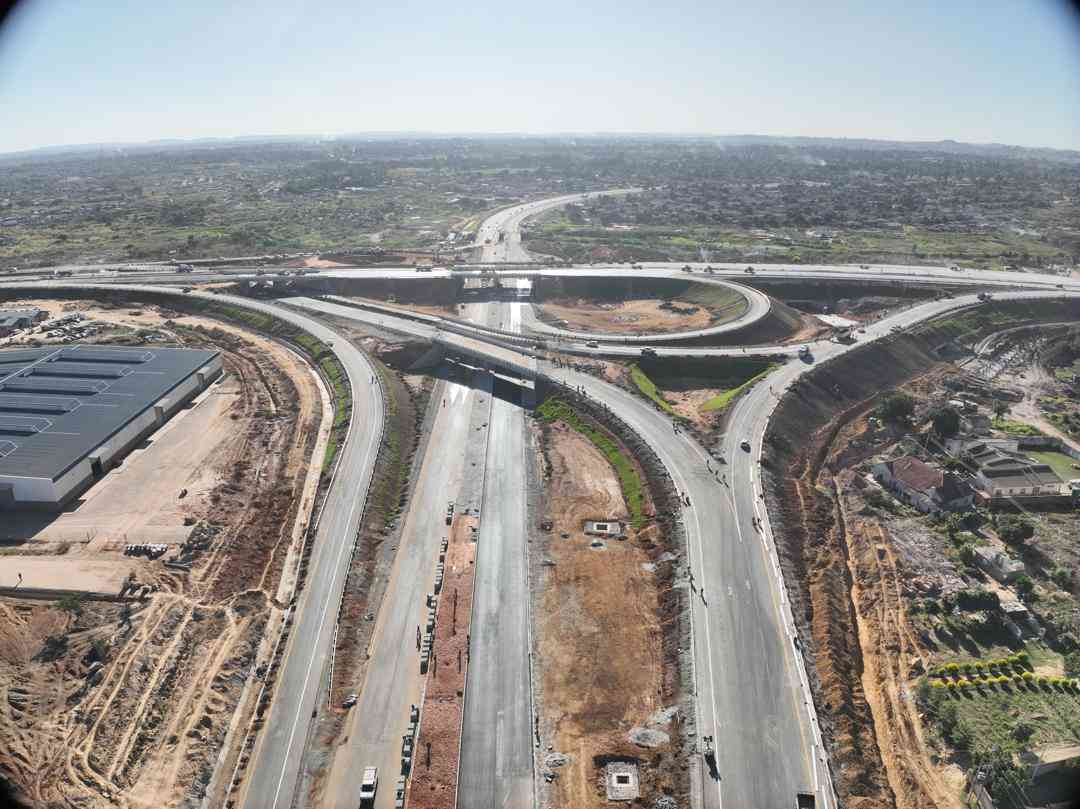
WHILE nations across are consolidating democratic gains and demonstrating a political will for credible elections, Zimbabwe is moving in the opposite direction.
The latest International IDEA report provides a sobering metric for this divergence, ranking Zimbabwe near the bottom globally for democratic rights and representation.
For analysts, this poor performance is a direct consequence of a ruling party that clings to power by weaponising state institutions, suppressing dissent, and systematically dismantling the checks and balances essential for a functioning democracy.
Zimbabwe, they argue, is not just failing to keep pace; it is a nation actively regressing.
The report, which evaluates countries based on four key pillars — representation, rights, rule of law, and participation — scores the country 0,383 in representation (118th globally) and 0,243 in rights (147th globally).
“The main reason Zimbabwe keeps failing to improve lies in the unwillingness of those in power to embrace genuine democratic reforms,” political analyst Tendai Reuben Mbofana said.
“Instead of strengthening institutions such as Parliament, the judiciary, and independent commissions, we continue to see them captured and reduced to extensions of the ruling party. This has eroded checks and balances, while entrenching authoritarian tendencies.”
He added that elections are now ritualistic, marred by issues such as voters’ roll manipulation, state media bias, and a lack of transparency.
- Cars up for grabs in batteries competition
- Lobby group bemoans impact of graft on women
- Africa should be better prepared for Europe’s security funding shift
- Corruption watch: Rogue cops: Blame it on the bosses
Keep Reading
“The absence of accountability is another issue. Corruption, human rights abuses, and mismanagement of public resources go largely unpunished.
“A culture of impunity undermines citizens’ trust in the state and makes democratic participation meaningless,” he noted.
“So, while our neighbours are taking difficult but necessary steps toward deepening democracy, respecting term limits, holding freer elections, and upholding the rule of law, Zimbabwe appears stuck in the past, clinging to a liberation war legacy rather than adapting to modern democratic norms.
“Until there is a genuine shift in political will, supported by an empowered citizenry demanding accountability, Zimbabwe will remain where it is, or even regress further.”
Rejoice Ngwenya, another political analyst, also criticised the situation in Zimbabwe.
“When citizens clamour for freedom in court, like the freedom to demonstrate, they are confronted by a highly compromised and captured judiciary that fails to arbitrate in dysfunctional elections run by a perverted ZEC (Zimbabwe Electoral Commission) that pushes only one agenda — a victory for the ruling party,” Ngwenya said.











